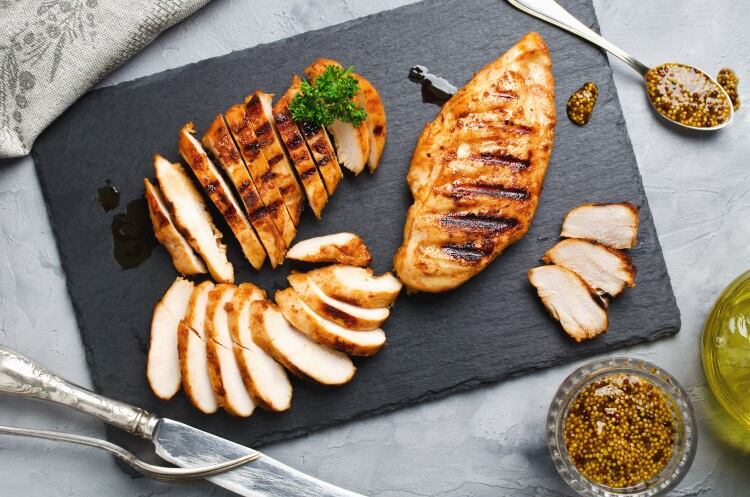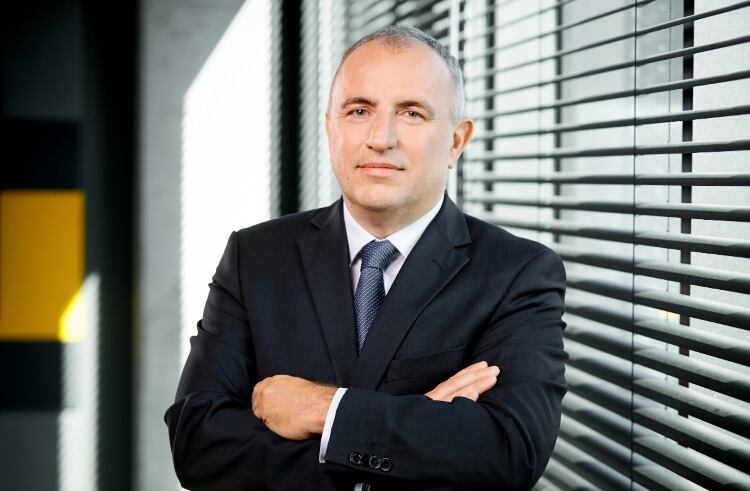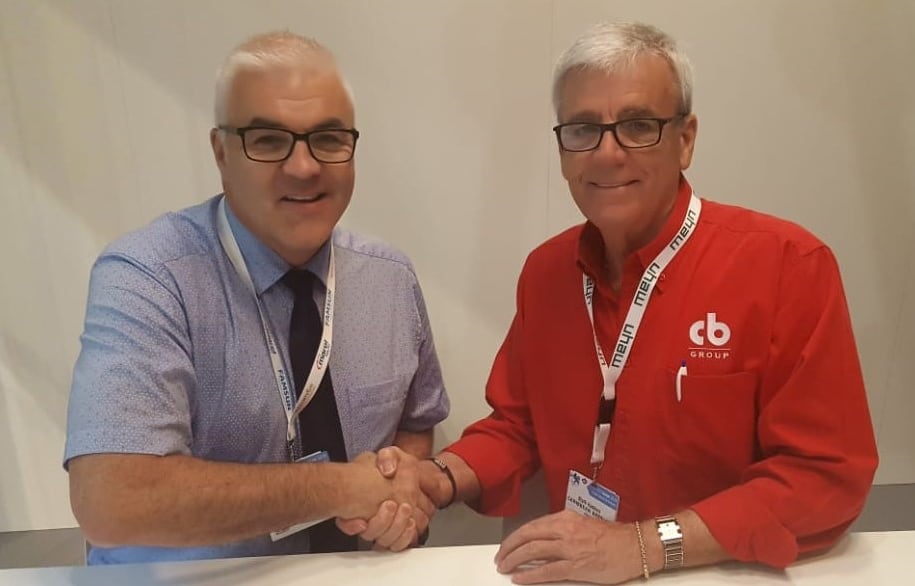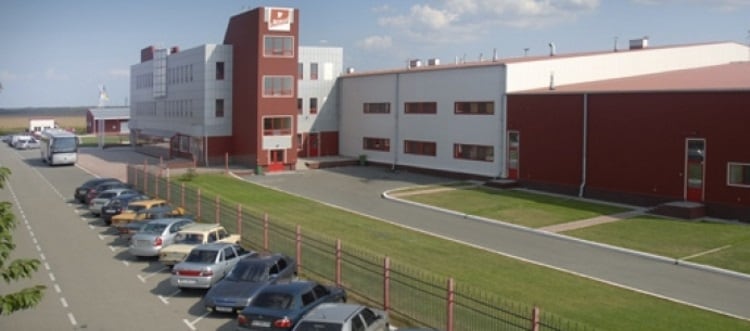In a letter sent to the European Commission’s Directorate-General for Agriculture and Rural Development (DG AGRI), farming bodies Copa and Cogeca expressed the growing concerns of the poultry meat and eggs sector regarding the impact of the closure of hotels, restaurants and catering services (HORECA) due to the coronavirus crisis.
The letter stated: “Without the HORECA channel, there are some high-quality productions that have been strongly affected: duck, pigeon, quail, rabbit, guinea fowl and goose. Even though the consumer continues buying broiler and turkey meat in retail, their market has been impacted too. Poultry meat sold in retail does not compensate the loss of the HORECA channel. In parallel to this, we keep importing great quantities of frozen poultry meat from third countries.
“The almost unique outlet for these is HORECA. Poultry meat thus is piling up and freezers all over the EU are already full, waiting for the confinement measures to be over. This will cause an oversupply crisis from the moment restaurants, hotels and catering are open again, as consumers will not go twice as much to eat out of home as they did before the crisis. This will put tremendous pressure on price.”
The letter urged the European Commission to manage imports of poultry meat to alleviate this pressure.
“Given the key role of tariff rate quotas (TRQ) management as a strong market management measure, we would like to ask to the European Commission to manage the influx of imports in a way that would avoid an oversupply crisis. This is a budget-neutral measure.”
The bodies also suggested private storage scheme for the sector as well as specific measures for production for major (broiler and turkey) and specialised productions(duck, pigeon, quail, rabbit, guinea fowl and goose); egg products; maintenance of the parent’s stocks for minor species; maintenance of the grandparent’s stocks for broilers and turkeys and the reintroduction of processed animal proteins for non-ruminants.
In addition to this measure, the European farmers and agri-cooperatives are calling for specific measures to be financed outside the CAP, especially focusing on the maintenance.




